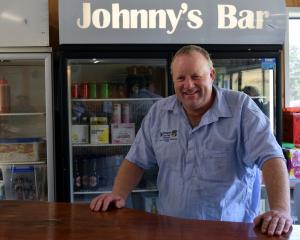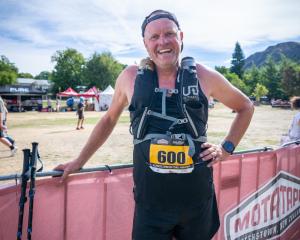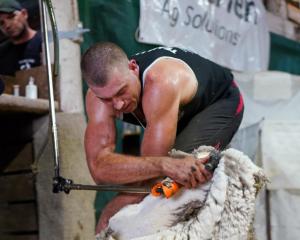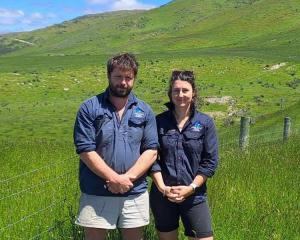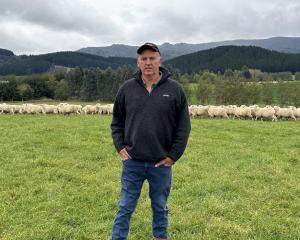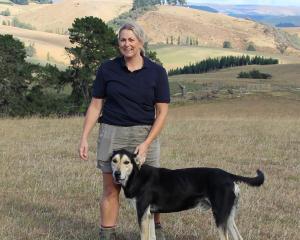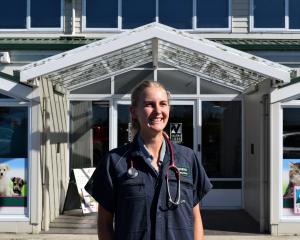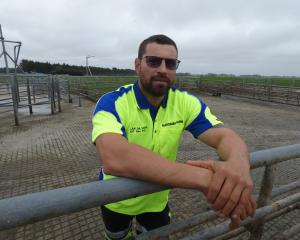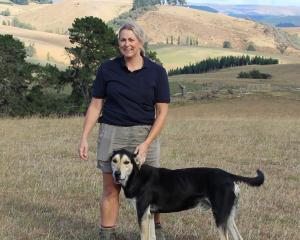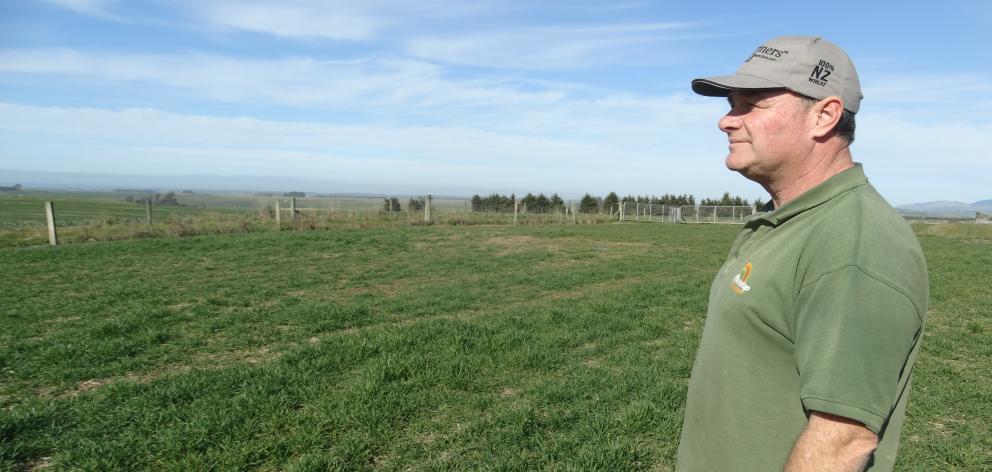
''We're too busy like children arguing about the pedantics. We're trying to measure this and that and the topic has turned from the environment to politics.''
He believed the underlying desire of the Green Party was to reduce stock numbers in New Zealand by 20% to 50%.
''To be voted into government and then to systematically destroy the agriculture industry is very underhanded.
''But they're doing it with punitive measures rather than incentives. We should focus on the incentives.
''We need to talk about farming systems rather than tweaking things.''
Mr Porter spent several weeks in Argentina on a Foundation for Arable Research (Far) exchange.
He farms at Lyalldale, inland from Pareora just south of Timaru, where he has 480ha, of which 420ha is arable. He runs 600 breeding ewes and 50 cattle.
The visit to Argentina was to tour farms, take part in Argentina's AgTech week where large companies, start-ups, investors, government and key players gathered, and to attend a congress as part of AgTech week which was a ''no-tillage'' event.
Mr Porter is a strong advocate of ''no-till'' farming and sees it as a system with many positives.
''The question we need to be asking is why are our phosphates moving and why are we losing soil at the rate we are?
''One of the main reasons the phosphates are moving is because they are latching on to soft particles.
''Because the congress was a no-tillage conference every solution revolved around a no-tillage system. Under no tillage the Argentinians have found they can cut soil erosion by 90% - that in turn cuts phosphate levels by 90%.
''They're looking at the whole thing more practically rather than theoretically.''
The Argentinian Government was giving their farmers incentives rather than punishing them, and unlike New Zealand, it was not unduly worried at this stage about gas emissions, instead spending time working out the best way to confront them.
Mr Porter met Argentina's under-secretary of agriculture, Luis M. Urriza.
''As far as they were concerned they take gas emissions seriously but not so that it would get in the way of sustainable production.''
''They're handling it better than us and it's about incentives rather than punishments.''
Mr Porter said in New Zealand some dairy farmers were letting the sector down but they did have consents.
''Instead of punishments we need to give them a reason to change.
''What we're seeing now in this country is gateway legislation just as marijuana is sometimes called a gateway drug.
''The gateway legislation is to condition us to something harder coming along.
''In a recent Federated Farmers survey farmers identified legislation over greenhouse gas emissions as their biggest concern.
''In Argentina, I asked farmers what their main concerns are. The biggest concerns there are soil quality and export taxes.
''I think they're more practical than here and more concerned with their quality of life. They're working out how to put a system in place but they are not ready to face it on the scale we are.''
As part of AgTech Week, Mr Porter attended presentations from various start-ups. One was a sustainable pollination service in which bees' memories were conditioned to identify and pollinate certain crops. This produced a 10% harvest yield improvement and 20% pollination - if not you got your money back.
Mr Porter visited Renova's Timbues soya bean crushing plant at Rosario, one of the biggest of its type in the world.
''Argentina is the largest exporter of soybeans and the third-biggest producer behind Brazil and the United States.
''The plant cost $1billion and processes 11 million tonnes of meal a year. It's 3km long and 1km wide.''
The farms Mr Porter visited were in the San Pedro area near Rosario, where there were mainly dryland arable farms.
''There's very little livestock. One hundred years ago Argentina was mainly cattle. There's cattle farming in the north and south but central Argentina is mainly arable.
''Argentina produces a lot but it is a basic low-cost commodity.
''The average yield is four tonnes per hectare, half what we have. They're grappling with a lot of challenges - one is soil quality.
''They are envious of our high organic soils and temperate climate. That's why they have 94% no-tillage, whereas in New Zealand it's 10%.
''But they're very positive. Their future, according to the associate minister Urriza, revolves around AgTech and how farmers can use it to improve farm systems.''
Mr Porter has not cultivated on his farm since 1998.
''If I had kept ploughing we probably wouldn't be here now.
''We farm here with five considerations: we want no soil disturbance.
''We've got living roots in the soil as often as we can and we arm the soil. It's always covered. There's not bare soil.
''We use residues and have something growing on top as protection to stop phosphates leaving.
''We have varied crop rotation and we've re-introduced stock into our arable system.''
-By Chris Tobin


